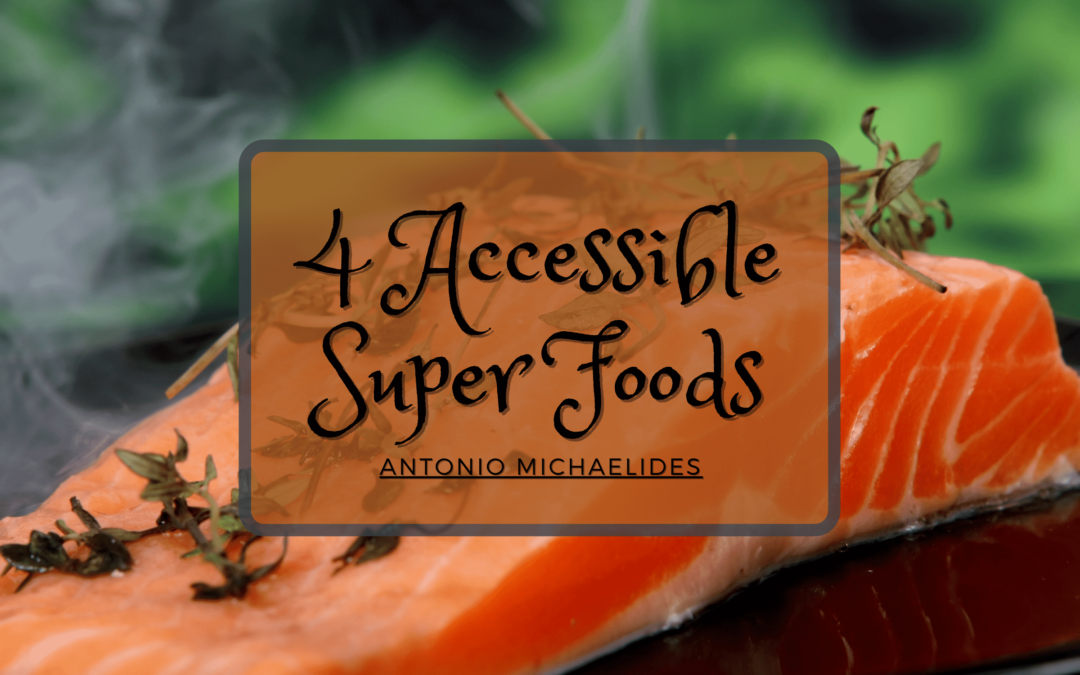Superfoods pack more nutrients per bite than other foods. The problem? Many of them are expensive or difficult to find. However, you don’t have to break the bank buying things like spirulina or goji berries. There are plenty of superfoods at your local grocery store, and they don’t normally cost a premium.
Blackberries
All berries are rich in fiber and antioxidants. Blackberries are high in fiber and low in carbs. A single cup will give you a third of the fiber and half the vitamin C that you need per day. Its high vitamin K content helps your blood clot and strengthens your bones. It’s also rich in manganese, which boosts your immune system, among other benefits. Because of their anti-inflammatory and antibacterial properties, blackberries even improve your oral health.
Collard Greens
Like berries, all leafy greens are good for you. Experts and influencers often recommend kale, but if you need a less expensive superfood that’s just as beneficial, give collard greens a try. Collard greens are in the same genus as kale, cabbage, and broccoli. Its high fiber content — it has 2.5 times more fiber than spinach — aids digestion and vital gut health. It boasts more protein (1.09 grams vs .7 grams per cup) than spinach and fewer calories than kale (11.5 calories vs. 35 calories per cup). It also beats spinach when it comes to vitamin K, vitamin C, and calcium. It’s chock full of antioxidants that battle free radicals and possibly reduce your risk of developing certain types of cancer.
Almonds
Almonds can help to lower bad cholesterol, reduce inflammation, and lessen the risk of developing blood clots. They’re packed with protein, iron, magnesium, and fiber. Luckily, nuts are abundant and inexpensive. You can find almonds at any grocery store for a reasonable price.
Salmon
Salmon combines high protein with omega-3 fatty acids that help your heart and increase brain health. If you can’t afford expensive fillets, give canned pink or red salmon a try. Canned salmon contains the same omega-3 fatty acids as fresh salmon. It also contains soft bones, adding calcium. One serving of canned salmon contains almost the same amount of calcium as a cup of milk.
